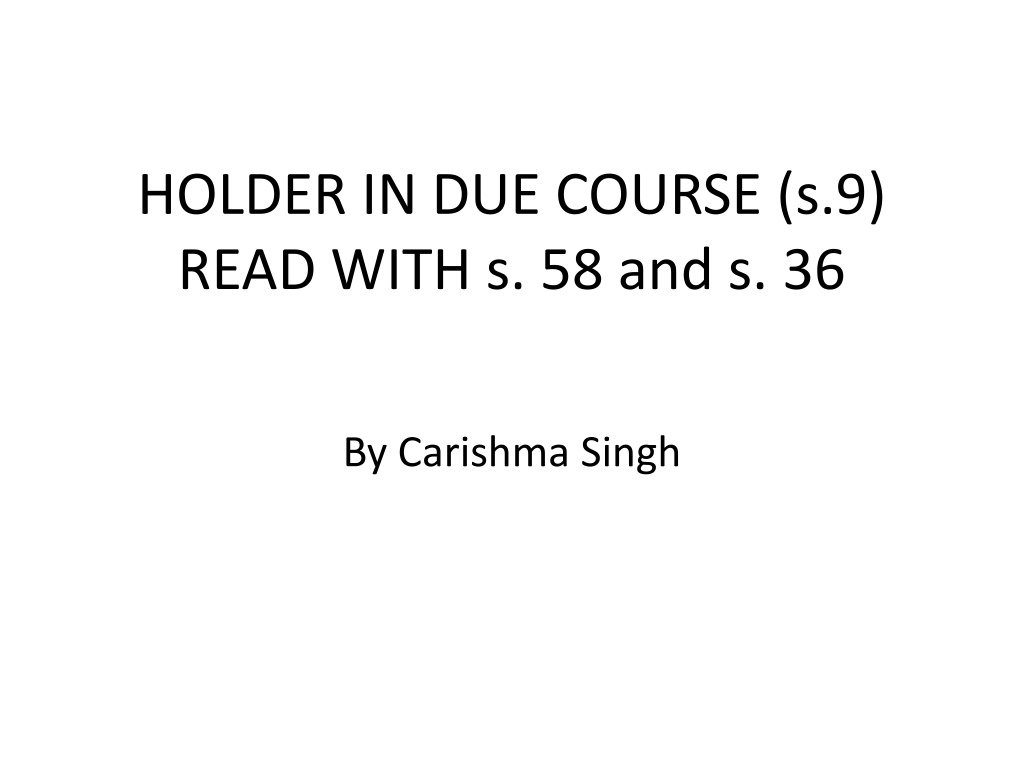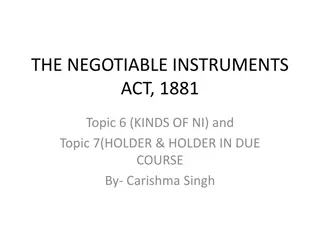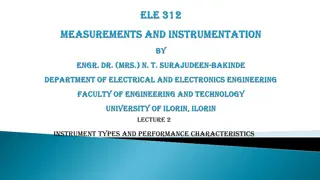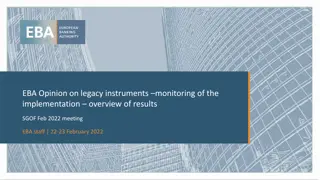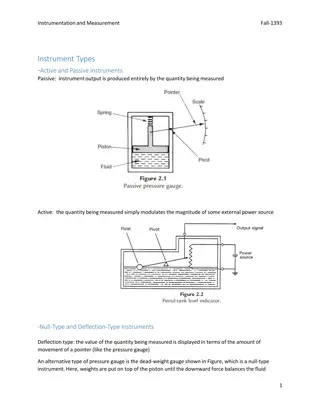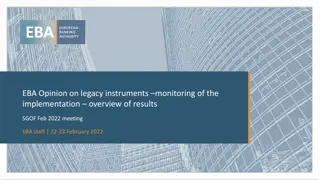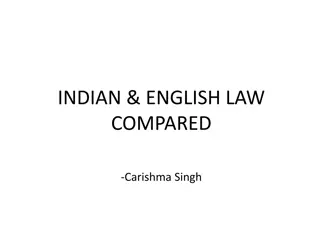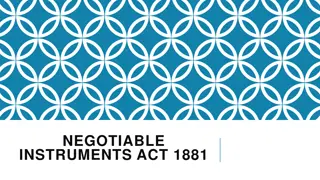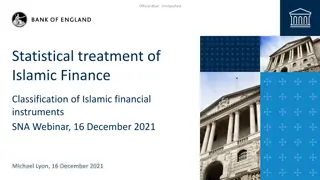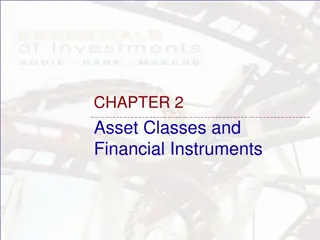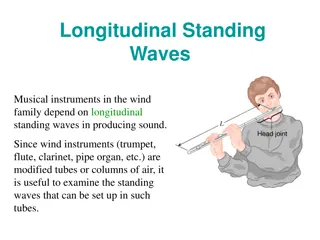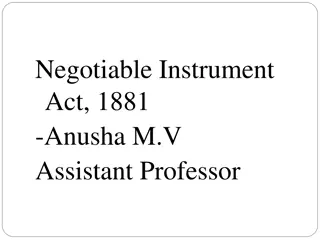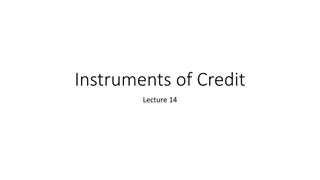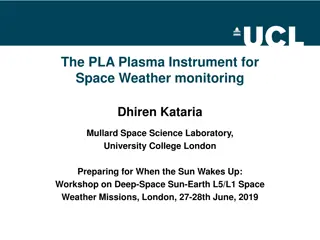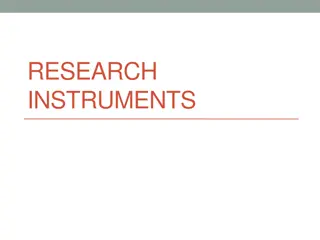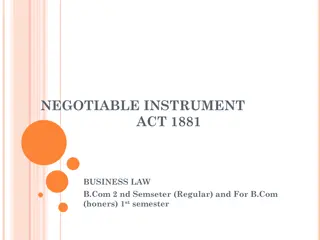Understanding Holder in Due Course under Negotiable Instruments Act
The concept of Holder in Due Course (HDC) under the Negotiable Instruments Act is explained through Sections 9, 58, and 36. It discusses how a person becomes a lawful possessor of a negotiable instrument before maturity, in good faith and after due care. The implications of a holder taking an instrument from a thief, the liabilities of prior parties to HDC, and the burden of proof on HDC are also covered. Examples illustrate the scenarios where a holder can or cannot claim the amount due.
Download Presentation

Please find below an Image/Link to download the presentation.
The content on the website is provided AS IS for your information and personal use only. It may not be sold, licensed, or shared on other websites without obtaining consent from the author. Download presentation by click this link. If you encounter any issues during the download, it is possible that the publisher has removed the file from their server.
E N D
Presentation Transcript
HOLDER IN DUE COURSE (s.9) READ WITH s. 58 and s. 36 By Carishma Singh
HOLDER IN DUE COURSE (s.9) READ WITH s. 58 and s. 36 KEY WORDS OF SECTION 9 Person becomes possessor of NI for Lawful consideration Before maturity of instrument In good faith+ after due care and caution
What about a Holder taking an NI from a thief? S. 58 explains the situation when an instrument is obtained by unlawful means or for unlawful consideration. In cases where the instrument is lost, or obtained through an offence, fraud or unlawful consideration-HOLDER claiming through the thief, or through the person who obtained it by offence, fraud or Unlawful consideration- CANNOT claim the amount due.
What about a Holder in Due Course taking an NI from a thief? In the same situation a HOLDER IN DUE COURSE claiming through the thief, or through the person who obtained it by offence, fraud or Unlawful consideration- CAN claim the amount due. Even though every holder is presumed to be a holder in due course under 118 (g), According to s.118 (proviso), the Burden Of Proof lies upon this Holder in due Course to prove that he is a Holder in due course in situations like these.
s. 36- Liability of prior parties to HDC If the holder in due course can prove that he is a holder in due course by proving the essentials of s.9 i.e Lawful consideration Before maturity Good faith+ due care and caution Then s. 36 reads that every prior party is liable to the holder in due course
Example Maker (A) Payee (B) Holder(C) HDC (D) If C, who has taken through unlawful means/ unlawful consideration (through forgery, theft, fraud etc.) indorses this instrument to D for lawful consideration, before maturity, and after D has acted in good faith and taken necessary care and caution, even though D could not find out that C was a thief, D can claim the amount as a holder in due course from every prior party under s. 36
Cont. This same situation would vary if D had acted in connivance with C, knowing fully well that it was a stolen instrument, or if D was given the instrument as a gift without consideration, or if the instrument was indorsed after maturity. In these cases D would not be a holder in due course and therefore would not be in a position to claim the amount due.
